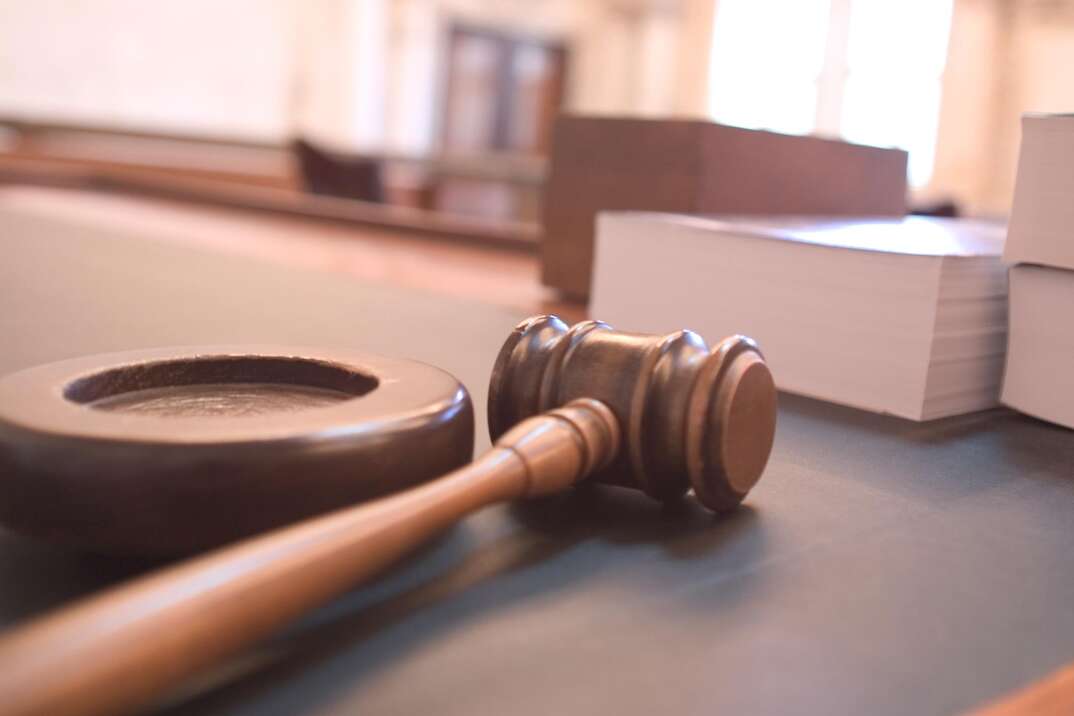- AppliancesElectriciansHVACLandscapingLocksmithPest ControlPlumbingRenovationRoofingT V RepairAll Home Improvement
- Car AccidentClass ActionCorporate LawCriminal DefenseDivorce LawEmployment LawFamily LawFinancial LawLegal AidMedical Injury LawyersMedical MalpracticeReal Estate LawWater Fire RestorationAll Legal
- InvestmentRetirementAll Finance
- Animal InsuranceAutoGeneral InsuranceHealth PolicyHome RentersAll Insurance
- DentalHealth SpecialistsAll Medical
- Animal CareVeterinaryAll Pets
- Auto GlassTowingAll Automotive
What Is Legal Precedent?

If you've ever watched a television legal drama, you've probably heard the term "legal precedent" thrown about.
But what is a legal precedent, and how much does it impact cases in the real world?
A legal precedent is set when a court makes a decision regarding a case or motion. Typically, that court will follow the legal precedent set by its decision when making similar future decisions. Courts may also follow the legal precedents set by other courts when making decisions.
What Is Stare Decisis?
Stare decisis is a Latin phrase that refers to the fact that courts generally abide by previously set legal precedent when making decisions. The purpose of stare decisis is to promote a consistent and predictable application of legal principles.
Two types of stare decisis exist: horizontal and vertical. Horizontal stare decisis occurs when a court abides by legal precedent that it set itself. In short, it makes decisions on current cases in keeping with precedent based on decisions it made on past cases.
Vertical stare decisis occurs when a lower court abides by precedent set by a higher court in a past decision. Examples include district courts adhering to precedent set by appeals courts or any court adhering to precedent set by the Supreme Court.
While stare decisis is a powerful doctrine, it's not a legal command. Courts rarely make decisions that fly in the face of legal precedent, but it is possible. This is certainly true if a previous legal decision is later deemed faulty by a court such as the Supreme Court, which has been known to overturn precedents on occasion.
More Related Articles:
- When Do You Need a Lawyer? Determine If You Need to Hire an Attorney
- What Is a Class-Action Lawsuit?
- What Is a Misdemeanor?
- What to Do After a Car Accident
- What Is Power of Attorney?
Understanding the legal precedence meaning is critical to creating strong strategies for criminal defense and civil lawsuit cases alike. Precedent can help attorneys understand how judges might rule on various motions or cases. It can also help lawyers make a better case for their motions.
Here are some legal precedent examples to help you understand how they can impact future court cases:
- In 1983, an insider trading case known as Dirks v. SEC came before the Supreme Court. At issue was the definition of insider trading. The Supreme Court upheld a definition that considered people guilty of insider trading if they received a material benefit related to disclosing information. The person they disclosed the information to had to act on the information, and the benefit received could be direct or indirect. This is the same definition courts use today when deciding insider trading cases.
- In 1863, a personal injury case was brought that involved a barrel falling from a shop window and hitting a person passing by. There was no evidence as to why, exactly, the barrel fell. However, the court held the shop owner liable anyway, stating that in some cases, carelessness — and, thus, negligence — can be inferred. The takeaway that still sets precedent today is that, in some cases, there is a duty of care to ensure something like a falling barrel doesn't happen.
- In 1963, the Supreme Court heard Gideon v. Wainwright. The takeaway from this case was that any defendant in the United States who couldn't afford a lawyer had a right to one anyway. The precedent set by this case underpins the public defender system.
Elocal Editorial Content is for educational and entertainment purposes only. The information provided on this site is not legal advice, and no attorney-client or confidential relationship is formed by use of the Editorial Content. We are not a law firm or a substitute for an attorney or law firm. We cannot provide advice, explanation, opinion, or recommendation about possible legal rights, remedies, defenses, options or strategies. The opinions, beliefs and viewpoints expressed by the eLocal Editorial Team and other third-party content providers do not necessarily reflect the opinions, beliefs and viewpoints of eLocal or its affiliate companies. Use of the Blog is subject to the
Website Terms and Conditions.The eLocal Editorial Team operates independently of eLocal USA's marketing and sales decisions.



